 |
| February 12, 2020 |
Dear Reader,
New York State has some of the country's strictest air-quality regulations, yet it suffers from elevated rates of air-pollution-related illnesses since emissions are blown in from surrounding states. Researchers say cooperation among states—mandated by the EPA's Cross-State Air Pollution Rule—is necessary to address the problem. But when New York petitioned the agency for help in 2019, the EPA denied the request. Another type of pollution is contributing to the "insect apocalypse." A recent study shows outdoor lighting poses a deadly threat to insects. And despite expectations of an increase, global carbon dioxide emissions last year remained flat. Climate analysts say the slowdown is "good news," but does not necessarily indicate that nations are reducing emissions at the rates necessary to achieve the maximum 1.5 degrees C warming goal. |
| | Sunya Bhutta, Senior Editor, Audience Engagement
@sunyaaa | |
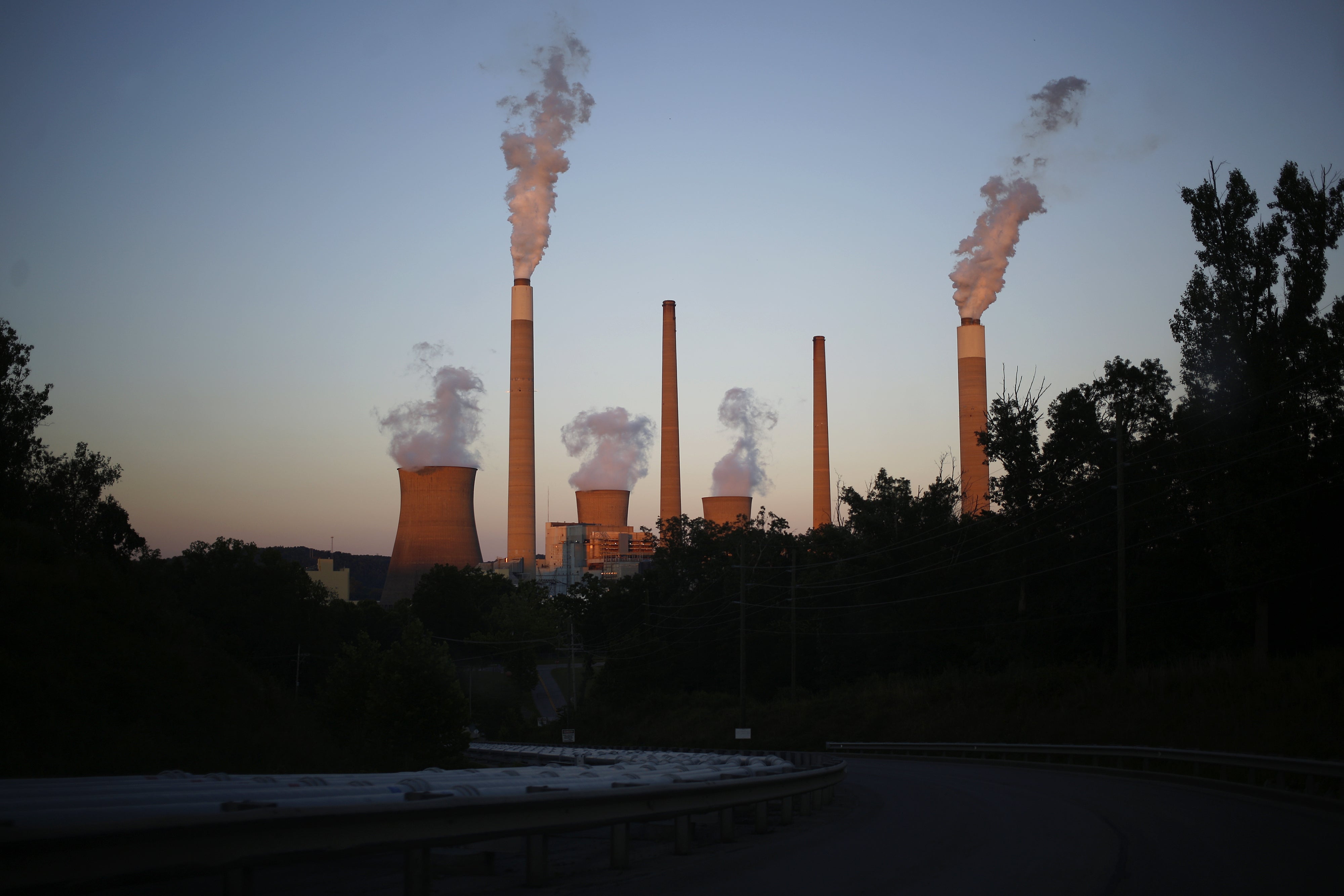 |
| |
| |
| |
| |
| |
FROM THE STORE
 | | Playing Politics: The Science of Elections Politics makes strange bedfellows, and that becomes even more apparent when trying to analyze the science of politics. Pulling from an array of disciplines including social science, behavioral science and mathematics, this eBook analyzes key factors in the process of electing a leader. |  | | |
| |
FROM THE ARCHIVE
 | | | |
| |
LATEST ISSUES
 |
| |
| Questions? Comments?  | |
| Download the Scientific American App |
| |
| |




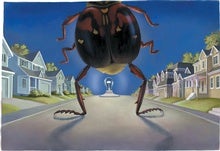
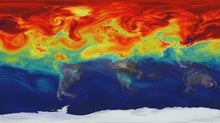
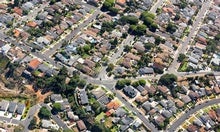
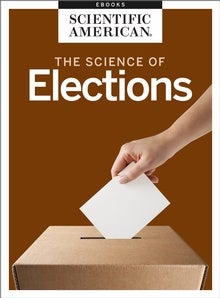

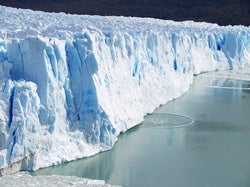
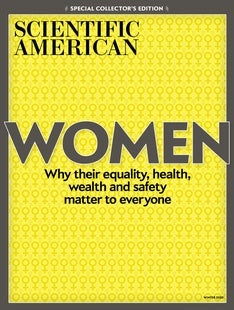

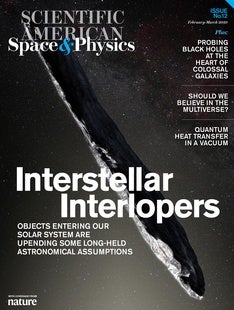
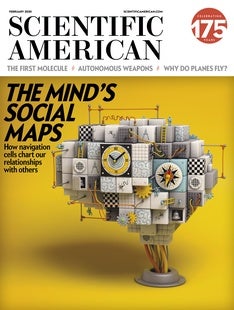
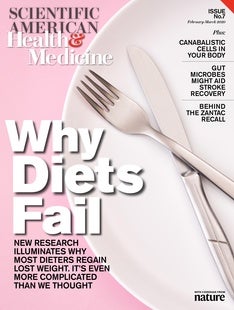



Comments
Post a Comment